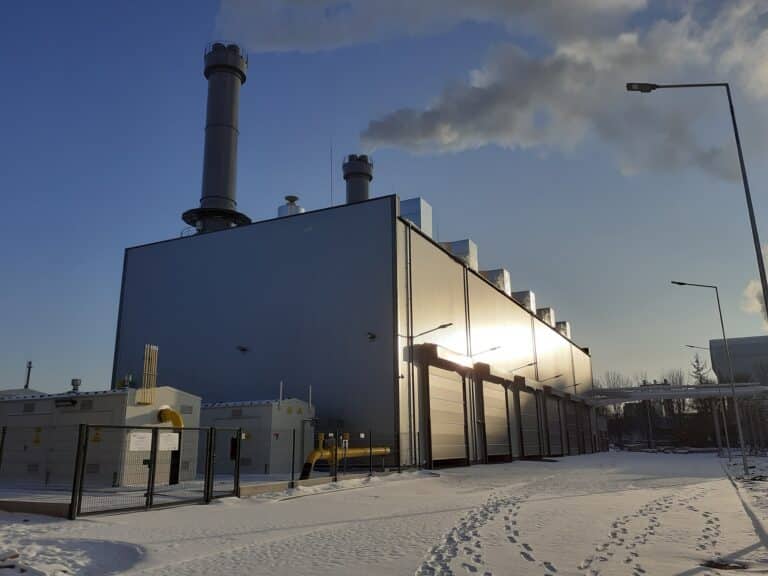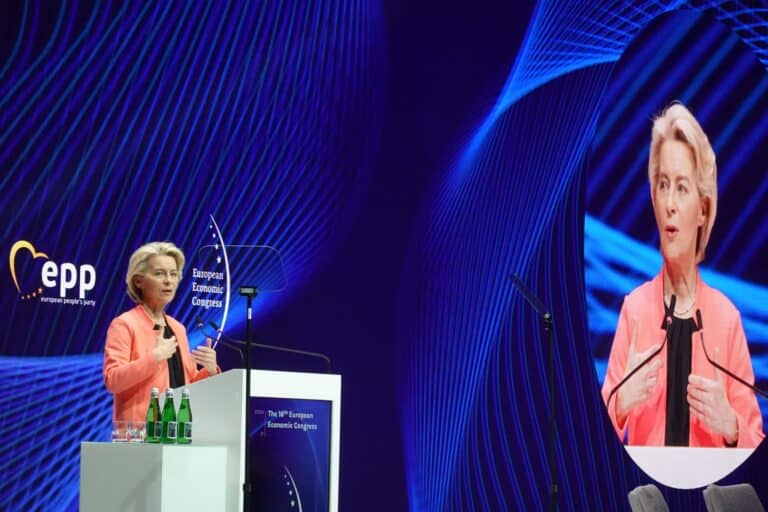Polish PMI again down, but problems may go deeper
A further decline in orders and poor data from industry resulted in a deterioration of business sentiment in late 2024. This weakens the willingness to invest and employ new workers. However, this is a deeper problem for the whole of Europe, which is recovering slowly from the post-COVID crisis and must, including Poland, change its development model to one based more on modern technologies and artificial intelligence. That seems to be a consensus view among Polish economists.
“Otherwise, even the funds from the European recovery plan (KPO) will not bring the expected results,” says Przemysław Kwiecień, chief economist of XTB.
The PMI for December was 47.2 points compared to 48.7 points in November and below expectations. The key reason is the further decline in orders that we have been recording for 22 months. While the monthly change in the PMI should not worry us so much, the trend of declining orders is a manifestation of a more disturbing trend, says Adam Ruciński, president of BTFG.
Ruciński pointed out that the PMI is based on surveys and that the actual situation in the economy is not changing so quickly. “The PMI is usually more pessimistic than reality, although the latest data from industry did not impress either. Looking at this index across Europe, we still look good, because it is generally in a bad state and is coping worse with the slowdown than, for example, the United States. Funds from the KPO were supposed to help stimulate the European economy after the COVID pandemic, but it is clear that it is not working very well,” said Ruciński. He noted, however, that he is optimistic about 2024 and believes that Poland will experience economic growth, albeit slow.
Kwiecień agreed that the trend of declining orders is a manifestation of a more disturbing trend and “the potential exhaustion of one of the driving forces of the European economy of which we are a part.”
“Let’s be honest, the second largest cumulative economic growth in 25 years results from Poland’s economic integration with the European Union, but also from the fact that the European economic development model worked. Now this model, based in part on conventional motorization and low energy prices, encounters existential problems. So while in the short term we can say that the falling PMI is just noise in the data and we can look at this year with optimism, because we are on the path of disinflation, we have a strong labor market, we can already see a rebound in retail sales, in the long term the question arises where we are in the global economy, where development is based on modern technologies and artificial intelligence. And there are more problems here,” said Kwiecień.
After a slowdown in 2023, growth is slated to pick up in 2024 and 2025 supported by a rebound in private consumption, continued expansion of investment and strongly performing exports. Inflation is set to decline, but phasing out of anti-inflation measures and strong wage growth are seen as dangers to keep an eye on.
Polish GDP in 2023 grew by 0.3%, close to the average for the 27 EU countries. Growth in 2024 should be around 2.3%, although the EU Commission forecasts 1.3%. Inflation in 2023 was 11.6% on average. This year, the rate of price growth will fall to 5.1%, according to the report ‘PEI Economic Review: Winter 2023,’ published by the Polish Economic Institute.







